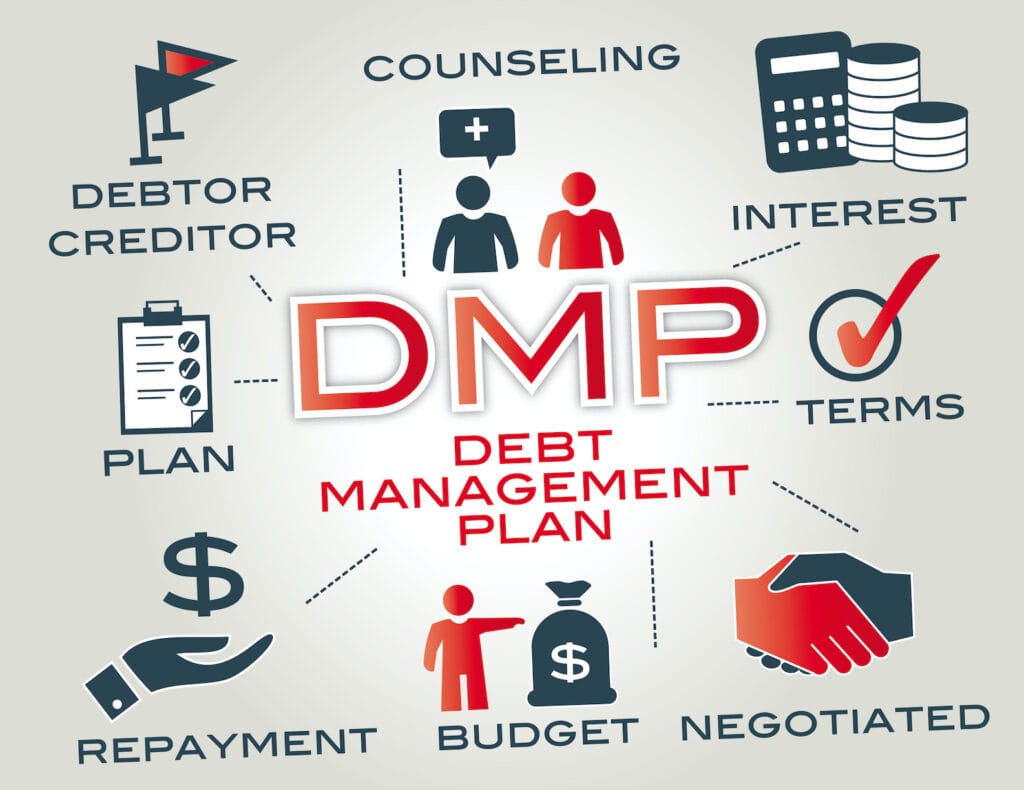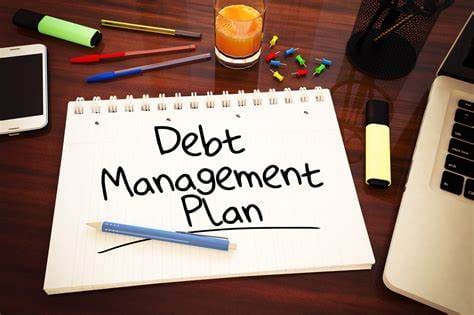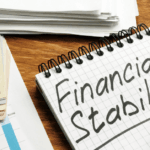Managing debt effectively is crucial for achieving financial stability and peace of mind. Debt, when left unchecked, can lead to stress and hinder long-term financial goals. However, with strategic planning and the right tools, you can take control of your finances and work toward a debt-free life.
What Is Debt Management?
Debt management involves organizing, prioritizing, and repaying debts in a way that minimizes financial strain. It focuses on creating a clear repayment plan, managing interest rates, and reducing overall debt levels over time. Common forms of debt include credit card balances, student loans, personal loans, and mortgages.
Why Is Debt Management Important?
- Reduces Financial Stress: A structured repayment plan brings clarity and peace of mind.
- Improves Credit Score: Consistent debt repayment positively impacts credit health.
- Saves Money: Managing high-interest debt can significantly reduce overall costs.
- Enables Future Goals: Less debt allows more resources for savings and investments.
Read More – How to Succeed in Uncertain Times (Saving Strategies)
Steps to Effective Debt Management
1. Assess Your Financial Situation
Start by listing all debts, including outstanding balances, interest rates, and due dates. This helps identify priorities and potential risks.
2. Create a Budget
Allocate income to essential expenses, savings, and debt repayment. Use budgeting tools or apps for detailed tracking (e.g., Mint or YNAB).
3. Choose a Debt Repayment Strategy
- Debt Snowball Method: Focus on paying off the smallest debts first, gaining momentum as each is cleared.
- Debt Avalanche Method: Prioritize high-interest debts to minimize long-term costs.
4. Consolidate Debt (if Necessary)
Debt consolidation combines multiple debts into one loan with a lower interest rate, simplifying repayment. Consider options like balance transfer credit cards or personal loans for this purpose.
5. Negotiate With Creditors
Reach out to creditors to request lower interest rates, waived fees, or restructured payment terms. Many creditors are open to negotiation, especially if you demonstrate commitment.
6. Seek Professional Help
If debt becomes unmanageable, consider consulting a credit counseling agency or enrolling in a debt management plan (DMP). Ensure the agency is accredited by organizations like the National Foundation for Credit Counseling (NFCC).
7. Build an Emergency Fund
While repaying debt, allocate a portion of income to an emergency fund to avoid relying on credit during unexpected situations.
Tips for Staying Out of Debt
- Live Within Your Means: Avoid lifestyle inflation and prioritize needs over wants.
- Use Credit Responsibly: Keep credit utilization low and pay balances in full whenever possible.
- Automate Payments: Set up automatic transfers to ensure timely bill payments.
- Invest in Financial Literacy: Learn about money management through resources like Investopedia and NerdWallet.
Useful Resources and Tools
- Debt Payoff Calculator: Calculator.net
- Free Credit Counseling: NFCC
- Debt Consolidation Loans: LendingTree
Conclusion
Debt management is a critical step toward financial freedom. By understanding your debts, adopting effective repayment strategies, and leveraging available tools, you can regain control of your finances. Take the first step today—evaluate your debts, set realistic goals, and stick to your plan. With perseverance and discipline, a debt-free future is within reach.
For more information, explore these detailed guides:



